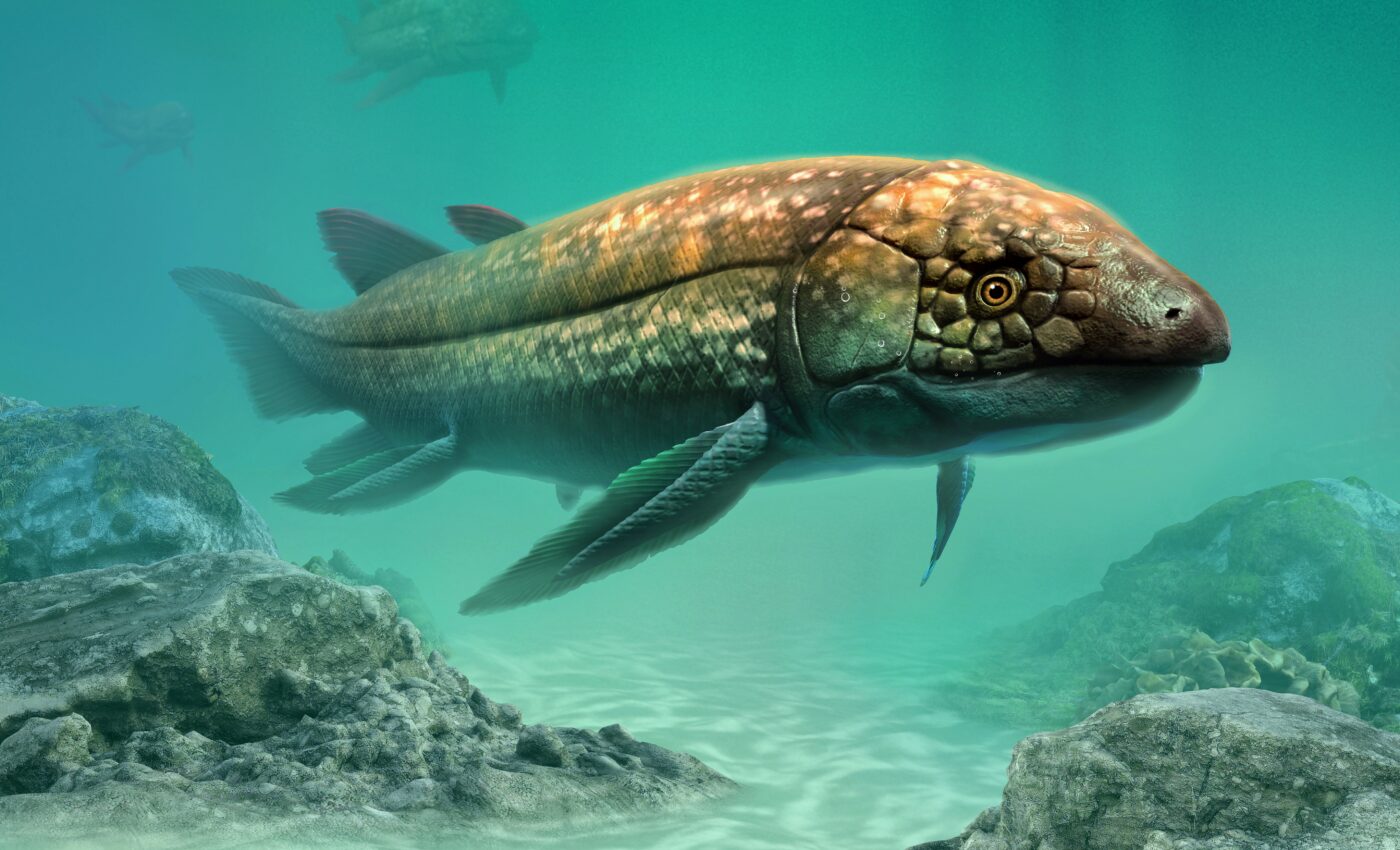
Lungfish provide deeper insight into brain evolution
An international team of researchers recently published a paper in the journal eLife which provides a deeper insight into the animal brain and nervous systems. The group gained a better understanding of lungfish evolution by virtually reconstructing brain models, analyzing the skulls of six Paleozoic lungfish (Dipnoi) fossils, and comparing them to extant land vertebrates.
Study senior author Dr. Tom Challands explained why lungfish are the most useful types of animals for this study, “Lungfish have persisted for more than 400 million years from the Devonian Period to present day and provide unique insights into the condition of the earliest tetrapods as well as their own evolutionary history.”
Dr. Challands also described the advantages of using virtual models.”This paper effectively doubles the number of lungfish endocasts known, as their preservation quality is often damaged by a fossil being crushed or broken, and the brain itself has very poor preservation potential and is not currently known in any fossil lungfish.”
The information gathered from this study can help us determine which senses, such as vision or smell, were more important to the earliest tetrapods (four-legged animals).
“Our discovery shows that the brains of lungfish have been evolving constantly throughout their 400-million-year history, but it suggests they have likely always relied on their sense of smell rather than vision to navigate their environments. This is quite unlike other fish which use sight much more powerfully,” said study lead author Dr. Alice Clement.
According to the researchers, lungfish may be the missing link in the evolution of land-living tetrapods.
“Studying our ‘fishy cousins’ lungfish continues to help us understand how fish first left the water some 350 million years ago and started to become land animals (tetrapods) and later humans,” said Dr. Clement. “Perhaps some of their nervous system traits remain in us still.”
—
By Erin Moody , Earth.com Staff Writer













